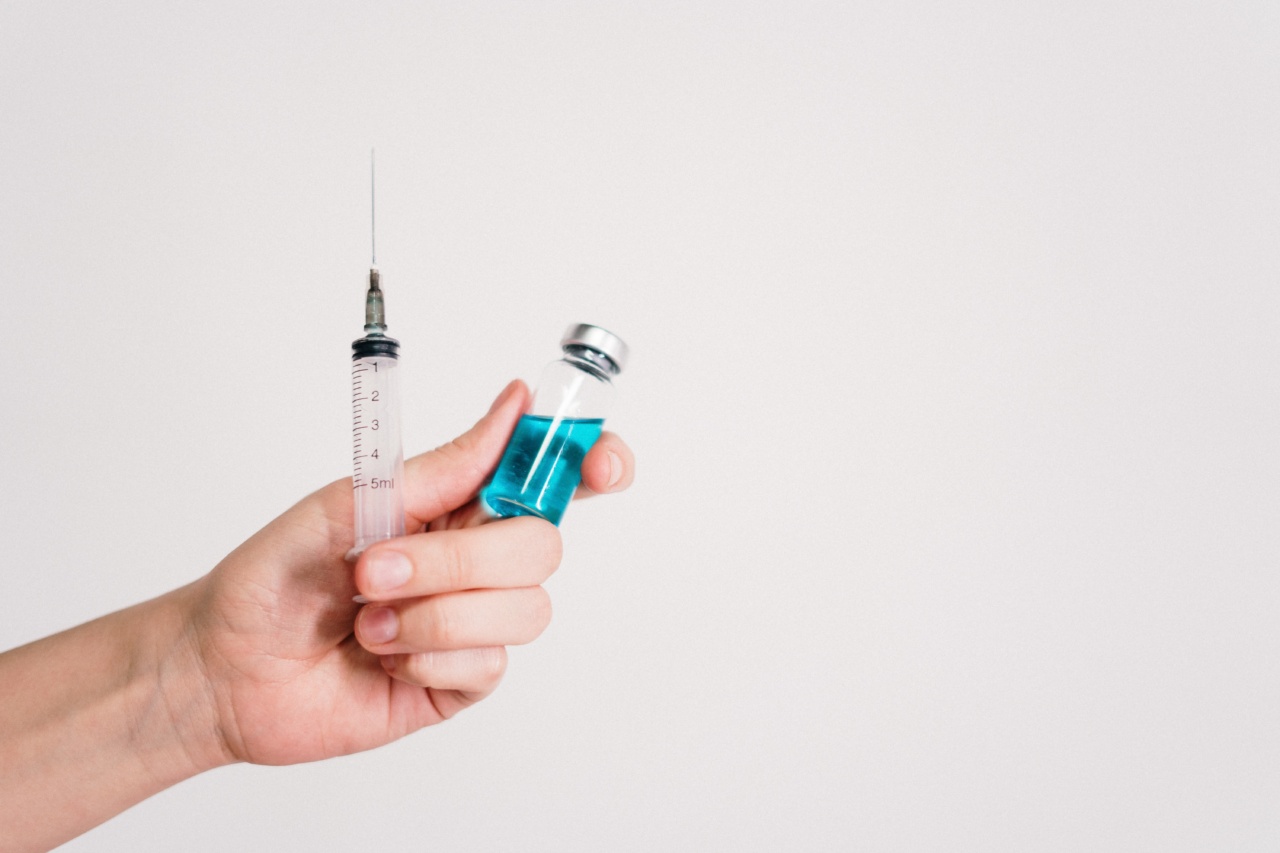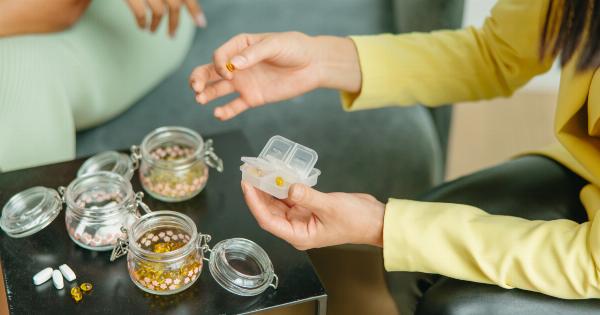Staphylococcus is a type of bacteria that can cause various infections in humans. Staphylococcus infections can range from minor skin infections to life-threatening conditions such as pneumonia and sepsis.
While antibiotics are commonly used to treat these infections, the overuse of antibiotics has led to the emergence of antibiotic-resistant strains of Staphylococcus. As a result, alternative treatments such as probiotics have gained attention for their potential to boost immunity and fight off Staphylococcus infections.
What are Probiotics?
Probiotics are live bacteria and yeasts that are beneficial for human health, especially the digestive system. These “good” bacteria help keep the gut healthy by maintaining a balance with harmful bacteria.
They can be found in certain foods like yogurt and fermented vegetables or taken as dietary supplements. Probiotics have been extensively studied for their potential health benefits, including improving digestion and enhancing the immune system.
The Link between Probiotics and Immunity
The immune system is our body’s defense mechanism against infections and diseases. It is a complex network of cells, tissues, and organs that work together to identify and eliminate harmful pathogens.
The gut plays a crucial role in our immune system, as it houses the largest concentration of immune cells in the body.
Research suggests that probiotics can modulate the immune system by regulating immune cell activity and enhancing the production of immune-regulating substances.
Probiotics have been shown to stimulate the production of antibodies, which are proteins that help identify and neutralize harmful pathogens.
Additionally, probiotics can strengthen the intestinal barrier, preventing pathogens like Staphylococcus from entering the bloodstream and causing infections.
They do this by enhancing the production of mucins, which are protective substances that line the intestines.
Probiotics and Staphylococcus Infections
Staphylococcus infections can occur both on the surface of the skin and within the body. Common skin infections caused by Staphylococcus include impetigo, cellulitis, and boils.
In more severe cases, Staphylococcus can cause pneumonia, bloodstream infections, and infections in surgical wounds.
Traditionally, antibiotics have been the go-to treatment for Staphylococcus infections.
However, the rise of antibiotic-resistant strains, such as methicillin-resistant Staphylococcus aureus (MRSA), has limited the effectiveness of conventional antibiotics. This has led researchers to explore alternative treatments, including probiotics.
Studies have shown that certain strains of probiotics can inhibit the growth and adhesion of Staphylococcus bacteria. By crowding out the harmful bacteria, probiotics can help prevent Staphylococcus infections from taking hold.
Moreover, probiotics can boost the immune system’s response to Staphylococcus, ensuring a stronger defense against these harmful bacteria.
The Best Probiotic Strains for Staphylococcus Infections
Not all probiotic strains are equally effective against Staphylococcus infections. To harness the full potential of probiotics in boosting immunity, specific strains have been identified as particularly beneficial:.
- Lactobacillus rhamnosus: This strain has been shown to inhibit the growth and adhesion of Staphylococcus bacteria. It can also enhance immune cell activity, leading to a more efficient immune response against Staphylococcus infections.
- Lactobacillus acidophilus: Known for its ability to support gut health, Lactobacillus acidophilus can also reduce the severity and duration of Staphylococcus skin infections.
- Bifidobacterium bifidum: This strain can improve gut barrier function, preventing the translocation of Staphylococcus from the intestines to other parts of the body. It has also shown promising results in reducing the incidence of Staphylococcus infections in preterm infants.
While these strains have shown potential in combating Staphylococcus infections, it’s important to note that further research is needed to determine optimal dosages, treatment durations, and potential interactions with antibiotics.
Combining Probiotics with Conventional Treatment
Probiotics should not be seen as a standalone treatment for Staphylococcus infections. They can, however, be used as a complementary approach alongside conventional treatment methods.
By bolstering the immune system’s response and inhibiting the growth of Staphylococcus bacteria, probiotics can potentially enhance the effectiveness of antibiotics.
It’s important to consult with a healthcare professional before starting any probiotic regimen, especially if you’re currently undergoing antibiotic treatment.
They can provide guidance on the most appropriate strains and dosages based on your specific condition.
Other Ways to Boost Immunity against Staphylococcus
In addition to probiotics, there are several other measures you can take to strengthen your immunity and reduce the risk of Staphylococcus infections:.
- Maintain good hygiene: Regularly washing your hands and maintaining clean personal hygiene can significantly reduce the transmission of Staphylococcus bacteria.
- Eat a balanced diet: Consuming a variety of fruits, vegetables, whole grains, and lean proteins provides essential nutrients that support a healthy immune system.
- Get enough sleep: A lack of sleep can weaken the immune system, making you more susceptible to infections. Aim for 7-8 hours of quality sleep each night.
- Manage stress: Chronic stress can take a toll on the immune system. Explore stress management techniques such as exercise, meditation, or engaging in activities you enjoy.
- Avoid unnecessary antibiotic use: Using antibiotics only when necessary can help prevent the development of antibiotic-resistant strains of Staphylococcus.
Conclusion
Probiotics have shown promise in boosting immunity and fighting off Staphylococcus infections.
By enhancing the immune response and inhibiting the growth of Staphylococcus bacteria, probiotics can serve as a complementary treatment alongside conventional antibiotics.
However, it’s important to consult with a healthcare professional before incorporating probiotics into your treatment plan.
They can provide personalized recommendations based on your specific condition and guide you on the most effective strains and dosages.
In addition to probiotics, practicing good hygiene, maintaining a balanced diet, getting enough sleep, managing stress, and avoiding unnecessary antibiotic use can all contribute to a stronger immune system and reduced risk of Staphylococcus infections.































